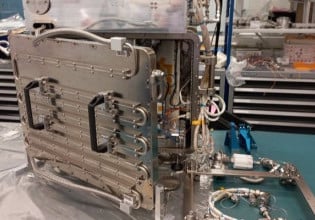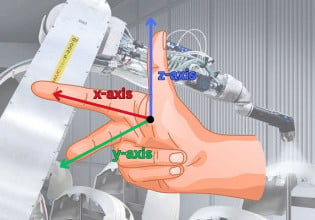D
I have a safety circuit that will require some relays that can handle continuous operation with coil voltages from 3 to 25VDC. The contacts only have to have enough capacity to drive the coil of and "ice-cube" general purpose relay.
Being a safety circuit, solid state relays are not allowed. I would prefer a relay with a DIN mount socket (not pcboard solder in)
Being a safety circuit, solid state relays are not allowed. I would prefer a relay with a DIN mount socket (not pcboard solder in)






